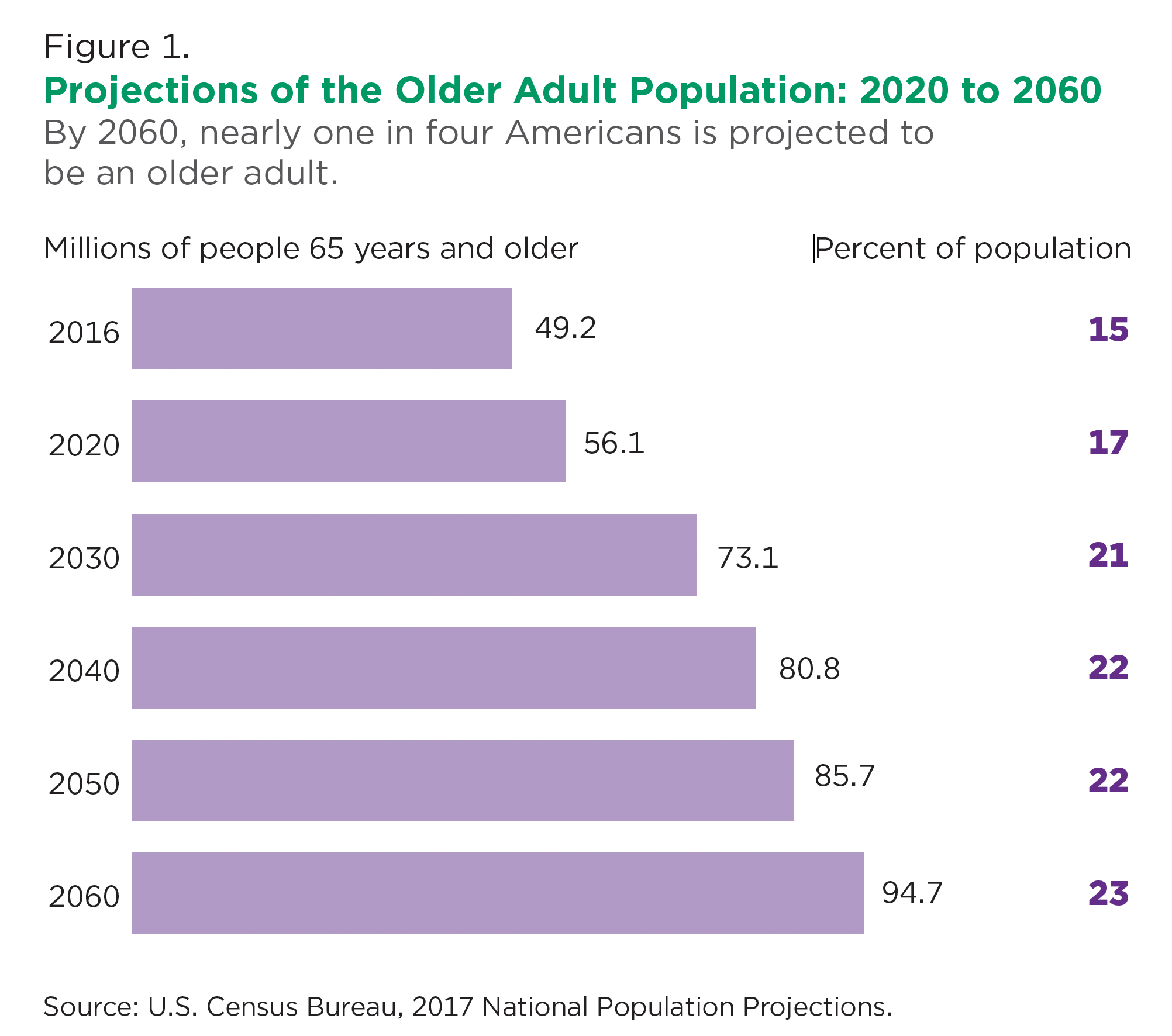By The Clearday Research Team
Home healthcare workers, though they work just as tirelessly as other healthcare workers, generally receive less credit and lower compensation for the amount of work they provide. During the pandemic, home healthcare agencies have seen increased difficulty with hiring & retaining staff. Wages & benefits and a lack of training & support provided to staff have contributed to this difficulty.
Wages and Benefits
“Too many people treat caregivers like a gallon of milk instead of the priceless assets they are,” (Woods, 2019)
We believe that increasing wages is the #1 method to improve home healthcare worker retention. In 2020, the median pay for a homecare provider was $13.02/hour (BLS, 2020). There is greater competition from other low-wage work, where minimum wage is rising to $15 in some states and by large companies. The question as to why caregivers are stigmatized as “unskilled” work (Holly, 2020) despite the heavy burden and responsibilities they carry needs to be addressed. “Too many people treat caregivers like a gallon of milk instead of the priceless assets they are,” he said (Woods, 2019).
Along with being treated as unskilled labor, caregivers receive little to no benefits or insurance for the work they provide.
Training and Resources
“caregivers felt the greatest increase in their satisfaction when it came to training received,” (Holly, 2020)
Along with increased wages, better training, resources, and a clear path to career advancement would also improve retention rates with healthcare providers (Medcom, 2019; IFAS, 2010).
Poor training, orientation, and continuing education significantly predict job dissatisfaction. Home health aides feel ill-equipped to execute their care responsibilities based on their limited training, increasing stress, lowering self-efficacy and contributing to turnover. “To me, the thing that was most impressive in 2019 was that caregivers felt the greatest increase in their satisfaction when it came to training received. [More] agencies started investing in their caregivers, helping to make sure they had the qualifications, the skills, the tools they needed to go out and do this job.” (Holly, 2020)
We believe that the home healthcare market needs to work on improving benefits like wages and health insurance. But it’s equally as important to consider other important contributors to job satisfaction and reduced turnover — better training, resource guidance, and career advancement. We have seen that many home health aides feel ill-equipped to provide care even after meeting the minimum federal standards of training. Solutions and services that train home health aides can continuously allow them to improve their skills, and even specialize in areas of care can increase their confidence and job satisfaction. Clearday works to provide agencies with the tools they need in order to offer more competitive wages, and to provide more consistent, quality learning experiences for their staff. To learn more, click here.
This blog and related materials prepared by Clearday, Inc. may use publicly available information including market research, studies or reports by unaffiliated third parties that include market demographics and other relevant market or research information. Such information or a link to such information is available upon request. We do not warrant any such information and do not have information that cause us to believe that any such market research, studies or reports are not correct in all material respects.
